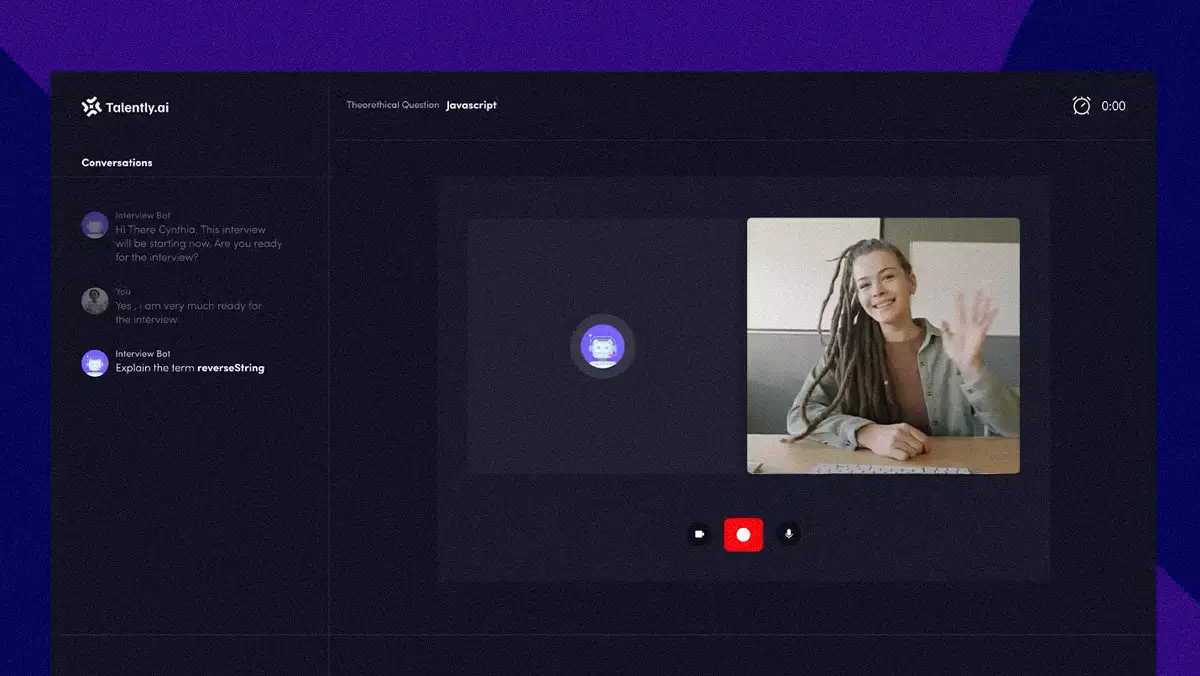Companies Are Trading Entry-Level Jobs for AI and a Future Leadership Crisis: New Report

Key Points
- A new Korn Ferry report finds over a third of companies are replacing entry-level jobs with AI, risking a future leadership crisis.
- Despite the automation push, nearly three-quarters of managers prioritize critical thinking over AI expertise, which ranks a distant fifth.
- More than half of business leaders plan to integrate autonomous AI agents as digital team members by 2026, creating a direct choice between human and AI labor.
Over a third of companies are planning to replace entry-level and back-office roles with AI, a move that promises short-term savings but risks creating a long-term leadership pipeline crisis, according to a new report from global consulting firm Korn Ferry.
Hollowing out the middle: The study found 43% of companies plan to substitute human roles with AI, with entry-level jobs being a prime target at 37%. While the strategy is projected to boost savings through 2027, the report cautions that eliminating the very positions where future leaders learn the business will create a “long-term leadership crisis.”
Think first, code later: The automation push creates a strange paradox in hiring. Nearly three-quarters of managers ranked critical thinking as their top priority—a skill needed to second-guess the machines—while AI-related expertise ranked a distant fifth. That clash points to a wider disconnect, as the report also reveals only 11% of executives are believed to be prepared for the AI transition.
Your next colleague is a bot: The strategy extends beyond just replacing roles. More than half of leaders plan to integrate autonomous “AI agents” as digital team members by 2026, forcing a direct choice: hire a $100,000 human or deploy a $20,000 AI agent for the same function.
The race for AI efficiency is putting companies on a collision course with a self-inflicted talent drought, forcing a choice between immediate payroll savings and the cultivation of future leaders. As companies grapple with AI’s role, universities are shifting focus to a “growth mindset” to prepare students for an evolving job market. Meanwhile, the talent landscape is being further complicated by other factors, with a majority of recruiters reporting that return-to-office mandates are hindering their hiring efforts.
Related articles
TL;DR
- A new Korn Ferry report finds over a third of companies are replacing entry-level jobs with AI, risking a future leadership crisis.
- Despite the automation push, nearly three-quarters of managers prioritize critical thinking over AI expertise, which ranks a distant fifth.
- More than half of business leaders plan to integrate autonomous AI agents as digital team members by 2026, creating a direct choice between human and AI labor.
Over a third of companies are planning to replace entry-level and back-office roles with AI, a move that promises short-term savings but risks creating a long-term leadership pipeline crisis, according to a new report from global consulting firm Korn Ferry.
Hollowing out the middle: The study found 43% of companies plan to substitute human roles with AI, with entry-level jobs being a prime target at 37%. While the strategy is projected to boost savings through 2027, the report cautions that eliminating the very positions where future leaders learn the business will create a “long-term leadership crisis.”
Think first, code later: The automation push creates a strange paradox in hiring. Nearly three-quarters of managers ranked critical thinking as their top priority—a skill needed to second-guess the machines—while AI-related expertise ranked a distant fifth. That clash points to a wider disconnect, as the report also reveals only 11% of executives are believed to be prepared for the AI transition.
Your next colleague is a bot: The strategy extends beyond just replacing roles. More than half of leaders plan to integrate autonomous “AI agents” as digital team members by 2026, forcing a direct choice: hire a $100,000 human or deploy a $20,000 AI agent for the same function.
The race for AI efficiency is putting companies on a collision course with a self-inflicted talent drought, forcing a choice between immediate payroll savings and the cultivation of future leaders. As companies grapple with AI’s role, universities are shifting focus to a “growth mindset” to prepare students for an evolving job market. Meanwhile, the talent landscape is being further complicated by other factors, with a majority of recruiters reporting that return-to-office mandates are hindering their hiring efforts.




